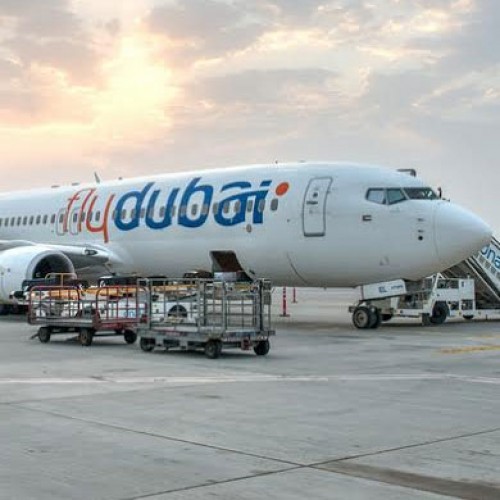Tourism in OECD countries growing strongly but major long-term trends pose challenges
Tourism in OECD countries continues to perform strongly and remains a major contributor to national economies, accounting for, on average, 4.2% of GDP, 6.9% of employment and 21.7% of service exports. However, sound and integrated policies are needed to ensure that tourism remains a competitive, sustainable and inclusive sector in the years to come, according to a new OECD report.
OECD Tourism Trends and Policies 2018 says that OECD countries experienced strong growth in 2016 (3.9%) and accounted for over half of total global arrivals (55%) and travel receipts (60.4%). For the period 2012 to 2016, average annual growth in the OECD area (4.9%) was higher than global growth (4.4%). However, the longer term trend is for slower growth relative to emerging economies.
The tourism economy is evolving rapidly, and sustainable development of the sector will depend on its ability to adapt to emerging economic, social, political, environmental and technological trends. “Policy makers must take stock to future-proof tourism policy and promote a culture of innovation to address the impacts of megatrends and other challenges ” said Alain Dupeyras, Head of Regional Development and Tourism Division, OECD, when presenting the report at the International Tourism Fair (ITB) in Berlin today.
OECD Tourism Trends and Policies 2018 focuses on key policy and governance reforms in tourism and provides a global perspective with the inclusion of 49 OECD countries and partner economies. Two chapters analyse the role of megatrends in shaping the future of tourism, and the need for greater investment and financing for sustainable tourism.
Major long-term trends, such as changing demographics, evolving visitor demand, digitalisation and climate change, present new opportunities and challenges. The report highlights the need for tourism policy makers to build strategic approaches and modernise regulatory frameworks, to adapt to an increasingly dynamic environment. Cultivating partnerships with industry and civil society, and developing responses that account for new and innovative business approaches to service delivery, will also be crucial to prepare for megatrends and the future of tourism.
Tourism also has an important role to play in driving the transition to a green economy and more socially inclusive growth. Investment and financing is an essential part of this, and active policies are needed across government to promote and mainstream more sustainable tourism practices. The report recommends that governments support this transition by incorporating environmental criteria into public financing and investment supports, incentivising private investment in resource efficient tourism infrastructure (e.g. low carbon transport options, energy efficient buildings), and encouraging more responsible business practices.
You might also like
flydubai becomes latest IATA member from the Middle East & North Africa
The Dubai-based airline qualified for membership after successfully completing the IOSA audit Dubai-based flydubai announced receiving its membership certificate from the International Air Transport Association (IATA), becoming the latest airline
IndiGo strengthens connectivity with Sri Lanka: Announces new direct flights between Mumbai and Colombo
IndiGo, India’s preferred airline, has announced new direct flights between Mumbai and Colombo starting April 12, 2024. These flights will operate three times a week on Tuesday, Thursday, and Friday,
Ajay Devgn and Kajol to be the brand ambassadors of Andhra Pradesh tourism
Ajay Devgn and Kajol will be the brand ambassadors of Andhra Pradesh tourism as the state tries to promote tourism to generate additional income. Leading Bollywood actor Ajay Devgn and







